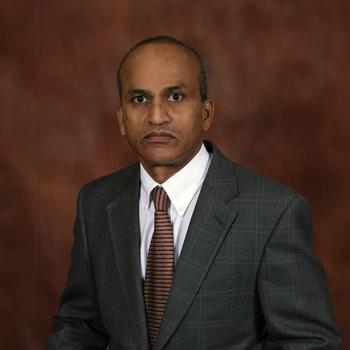What Is Chronic Obstructive Pulmonary Disease (COPD)?
Doctors sometimes call this condition emphysema or chronic bronchitis. It affects more than 11 million people in the United States. Here’s what you should know about COPD:
-
What it means: COPD is a chronic disease that damages your lungs. This makes it difficult to breathe.
-
How it is managed: While COPD cannot be cured, many medications and other therapies can help you breathe better and may even improve your lung function. Your doctor can help you find a treatment plan that is best for your symptoms and the disease severity.
COPD Signs and Symptoms
It is often easy to brush off early symptoms of COPD as “effects of aging.” But shortness of breath is never normal. If you experience these symptoms, or think you might be at risk for COPD, talk to your doctor.
-
Chronic coughing, even if you consider it minor
-
Shortness of breath, especially when you are not exerting yourself
-
Frequent respiratory infections, such as chest colds or bronchitis
-
Fatigue, no matter how much sleep you get
-
Bluish lips or fingernail beds
COPD Diagnosis and Treatment
A pulmonary specialist will consider multiple factors before confirming a diagnosis of COPD. These include:
-
Your medical history
-
The severity of your symptoms
-
Diagnostic tests, such as spirometry (which measures lung function as you breathe through a mouthpiece) or a chest X-ray (images of your lungs)
If your doctor determines that you have COPD, there are many effective therapies that can help you breathe more easily and manage the condition over the long term. Learn more about Blessing’s pulmonology care.
There is no one-size-fits-all treatment plan for COPD. Your doctor may recommend one or more of the following:
-
Medication therapy can help you breathe more easily or prevent your symptoms from getting worse. Learn more about inhalers and nebulizers.
-
Pulmonary rehab is a series of exercises that can improve your lung function and help you breathe better. Learn more about our pulmonary rehab program.
-
Surgery may be an option if your symptoms are severely restricting your ability to breathe.
Contact Us
To schedule an appointment or refer a patient, please call (217) 214-6267.


